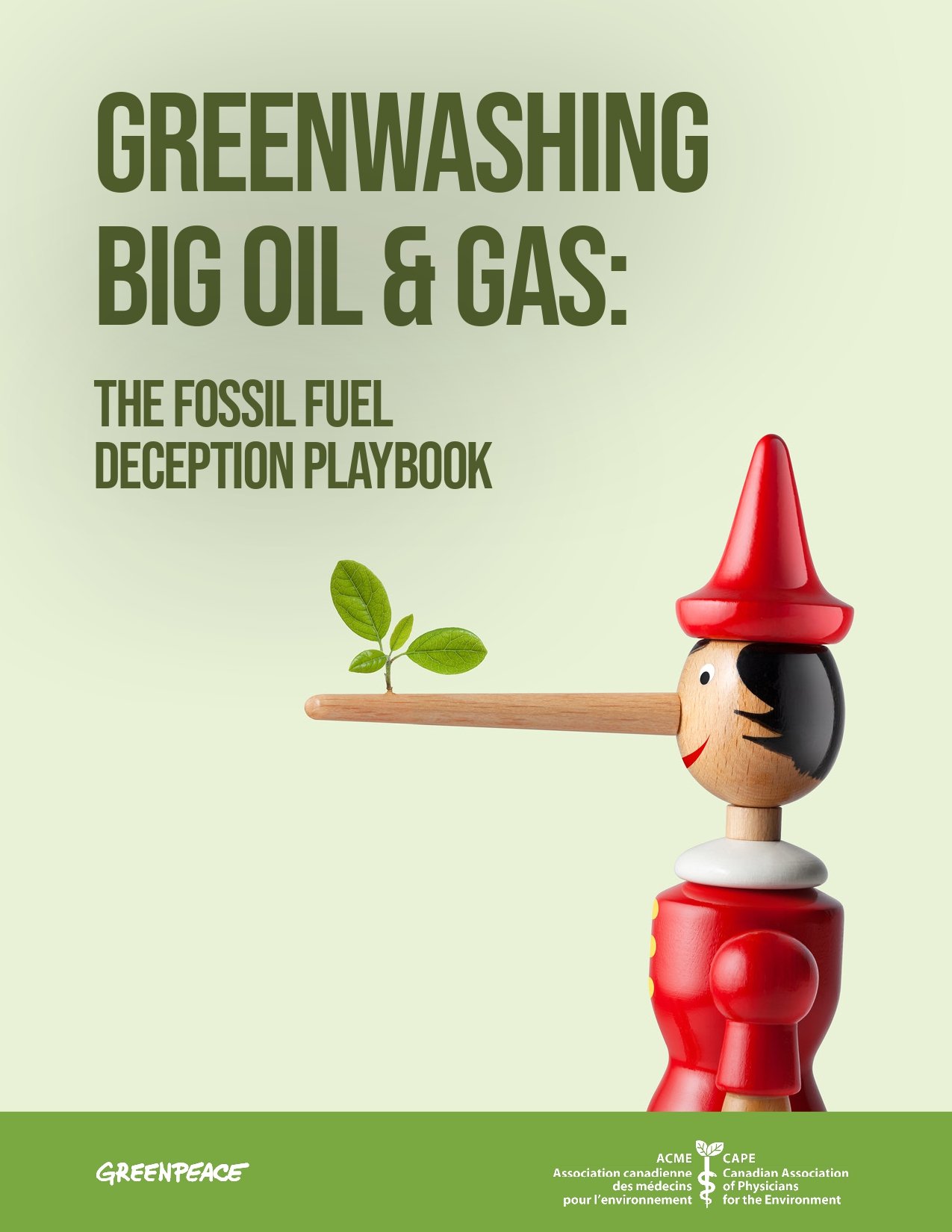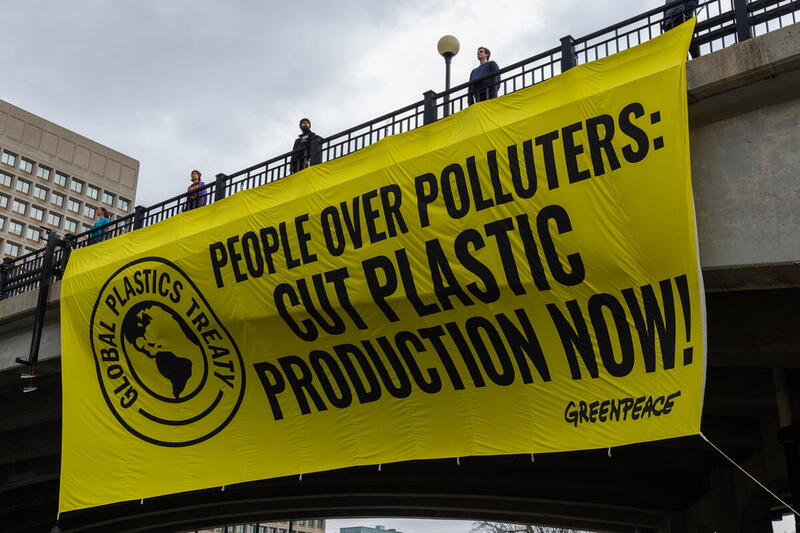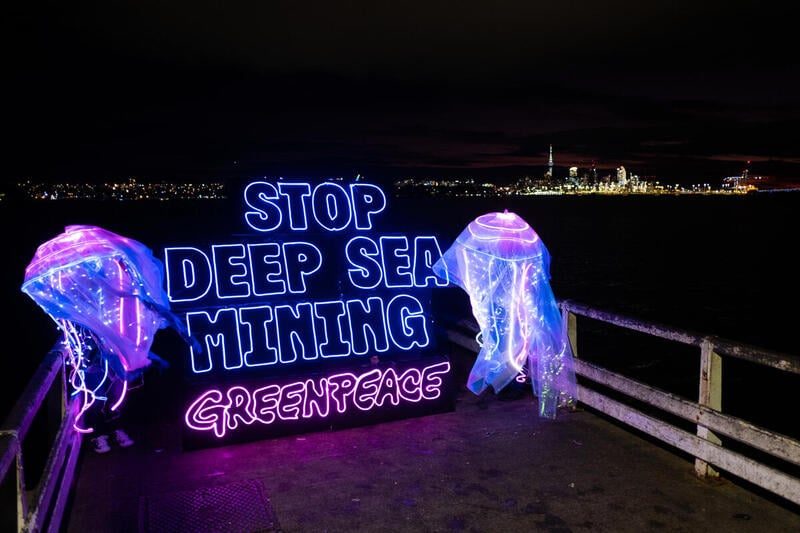The Coca-Cola Company, PepsiCo, and Nestlé also found to respectively be the worst plastic polluters worldwide
October 9th, 2018 (MONTRÉAL) – The Coca-Cola Company, PepsiCo, and Nestlé were the corporations most frequently identified in the international report through the 239 cleanup – audits held on World Clean Up Day in 42 countries by the Break Free From Plastic movement. The Canadian Plastic Polluters Brand Audits found the top 5 polluting corporations to be Nestlé, Tim Hortons, PepsiCo., The Coca-Cola Company and McDonald’s.
The Coca-Cola Company, the 4th worst polluter in the Canadian audit, was the top global polluter in the international audit, with Coke-branded plastic pollution found in 40 of the 42 participating countries. The global brand audit effort is the most comprehensive snapshot of the worst plastic polluting corporations around the world. The auditors sort trash collected on shorelines by type, brand and then manufacturing corporation to determine the total contribution of a company at a location. These results are then compiled per country, region and globally.
Canadian Brand Audit Results
In Canada, top polluting corporations – Nestlé, Tim Hortons, PepsiCo., The Coca-Cola Company and McDonald’s – account for 46% of the 2231 pieces of identifiable branded plastic trash that was collected during the brand audits.
The top 5 polluting brands are respectively Nestlé Pure Life, Tim Hortons, McDonald’s Starbucks and Coca-Cola accounting for 40% of identifiable branded trash.
“It’s high time we shine a light on the role that throwaway plastic producers are playing in the plastic pollution crisis,” said Sarah King, Greenpeace Canada’s Head of Oceans and Plastics.
“Brand audits create undeniable evidence of how companies like Nestlé, Tim Hortons, PepsiCo., Coca-Cola and McDonald’s are trashing our shorelines and green spaces across Canada.”
Food wrappers were the most common type of plastic item found, followed by bottles, cups, bottle caps and then branded shopping bags. Food packaging was identified as the top product type, followed by household products. In Canada, results suggest that the recyclability of a product does not necessarily reduce its likelihood of being found in a shoreline or community cleanup and brand audit. “It’s clear that cleanups and recycling cannot contend with the never-ending flow of single-use plastic waste being produced by corporations.The only way to curb plastic pollution is by stopping corporations from producing throwaway plastics in the first place,” added King.
International Brand Audit Results
Globally, over 187,000 pieces of plastic trash were audited, identifying thousands of brands whose packaging relies on the single-use plastics that pollute our oceans and waterways globally. Polystyrene (eg. styrofoam) was the most common type of plastic found, followed closely by PET, a material used in bottles, containers, and other packaging.
In North America, The Coca-Cola Company, PepsiCo, and Nestlé (in this order) account for 64% of the branded plastic trash that was identified. In South America, all three account for 70% of all the branded plastic trash. That makes them respectively the top polluting corporations.
The audits, led by Break Free From Plastic member organizations, found that The Coca-Cola Company, PepsiCo, Nestlé, Danone, Mondelez International, Procter & Gamble, Unilever, Perfetti van Melle, Mars Incorporated and Colgate-Palmolive were the most frequent multinational brands collected in cleanups, in that order. This ranking of multinational corporations included brands that were found in at least 10 of the 42 participating countries.
While the brand audits do not provide a complete picture of corporations’ plastic pollution footprints, they are the best indication to date of the worst plastic polluters globally. The Break Free From Plastic movement is urging corporations to end their reliance on single-use plastics, prioritizing innovation and alternative delivery systems for products.
Greenpeace has been calling on plastic producing corporations and distributors to commit to phase out single-use plastics, to invest in new delivery models based on reuse and refill systems, and to take responsibility for the plastic pollution crisis they continue to exacerbate. Greenpeace is also urging the Canadian government to hold corporations accountable for the environmental and social impacts of their products and legislate binding plastic reduction targets, including a ban on single-use plastics.
-END-
Canadian findings are detailed in this Media Briefing.
For a photo of Greenpeace Canada’s message to the top 5 plastic polluters, click here.
Partnering Canadian Organizations
Greenpeace Canada partnered with Ecology Action Centre (Tufts Cove, Halifax); Surfrider Vancouver (Kitsilano Beach, Vancouver); Surfrider Pacific Rim (Tofino, B.C.); Don’t Mess with the Don, Strawless Toronto and Stop Plastics (Don River valley, Toronto); and Mission 100 Tonnes. Over 300 volunteers total participated in the cleanup and audit events.
For international findings , please read the global press release.
For the Plastic’s brand audit 2018 report, click here.
To go through the the entire set of results, check http://plasticpolluters.breakfreefromplastic.org/
Photo and video:
For photos of the cleanup and audit events from the Canadian locations, click here.
For photo and video from brand audits around the world, click here.
For media queries, to book interviews or request photos, please contact:
Loujain Kurdi, Communications Officer, Greenpeace Canada, +1 (514) 577-6657, [email protected]
Greenpeace International Press Desk: +31 (0)20 718 2470 (available 24 hours), [email protected]





Discussion
Нello! Wоuld you mind if I sharе your blog with my facebook group? There's a lot of people that I think would really enjoy your content. Pleasе let me know. Cheers
Good day! I just wish to offer you a huge thumbs up for your great info you've got right here on this post. I will be coming back to your site for more soon.
Thanks for sharing your thoughts. I really appreciate your efforts and I am waiting for your next write ups thank you once again.
Sie können zudem Audiodateien als Dateien von Plattformen wie Soundcloud herunterladen.
Wow! This could be one particular of the most useful blogs We’ve ever arrive across on this subject. Actually Magnificent. I’m also an expert in this topic so I can understand your hard work.
I conceive you have mentioned some very interesting points , thankyou for the post.